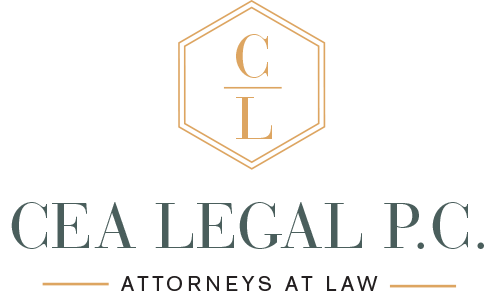The Rise of Decentralized Autonomous Organizations
The corporate world as we have known for the past several years is about to be shaken by the Web3, which is the latest Internet development empowering its users to transact through decentralized blockchain platforms without the need to rely on Web2 giants (such as Facebook, Youtube, and the likes).
Specifically, there is an evident lack of coordination and meaningful communication between companies and several of their contributors (influencers and gig participants, or anyway its contractors). These issues are tackled and expected to be resolved by the rise of Decentralized Autonomous Organizations (DAOs), which are web-based organizations whose rules are immutably encrypted on smart contracts.
DAOs align the interests of all the stakeholders by creating new income opportunities and participation tools for all of them. Revolutionizing how corporate organizations are typically run, the decision power in DAOs is exercised collectively by the DAO investors that receive blockchain-based tokens giving them governance rights on some or all the DAO projects. By using smart contracts, corporate decisions are self-enforced and publicly visible, thus making the process truly democratic and transparent. This inherent transparency of the DAO operations run on a blockchain platform ensures optimal results because participants can be easily held accountable for malicious or negligent acts. Participants also have an incentive to show great performances that can easily be rewarded.
While this inevitable automatization will reduce the importance of intermediaries (such as lawyers) in certain phases, as the stakeholders will be able to enter into many agreements without involving third parties. Corporate and blockchain attorneys are still fundamental to devise a proper DAO structure, to draft the initial agreement among the DAO participants that will be enforced in open source code, and to include clear and accurate terms in the smart contracts running the DAOs.
The job market is going to be significantly impacted as well. The traditional relationship employer-employee is going to become outdated, inasmuch as workers will be able to offer their services and talents to different DAO employers to monetize on each small contribution given and on additional sources, such as reputation. For instance, a webinar offered to a DAO can be structured in a way to offer a certain number of tokens to the speaker if a certain number of DAO participants attend the webinar; or an influencer will be able to be rewarded automatically based on the number of “likes” or “followers” on contents created.
DAOs are clearly promising and fascinating, especially considering the fact their full potentiality is still unexplored. This should a strong incentive to innovative businesses that have a unique opportunity to become market leaders by implementing as early adopters practices that are going to disrupt their industries.
From a legal standpoint, DAOs have currently formal legal status only in the State of Wyoming, which is widely known to be the most blockchain-friendly state in the United States, where DAOs have the same legal powers as Limited Liability Companies. From a practical standpoint, this means that participants of Wyoming DAOs enjoy protection from personal liability for the DAO operations and actions. We expect that legal adoption will follow soon in other states. At Cea Legal, we are at the forefront of the legal blockchain and corporate law representation to modernize the structure and the practices of businesses that are eager to take advantage of these new opportunities.

